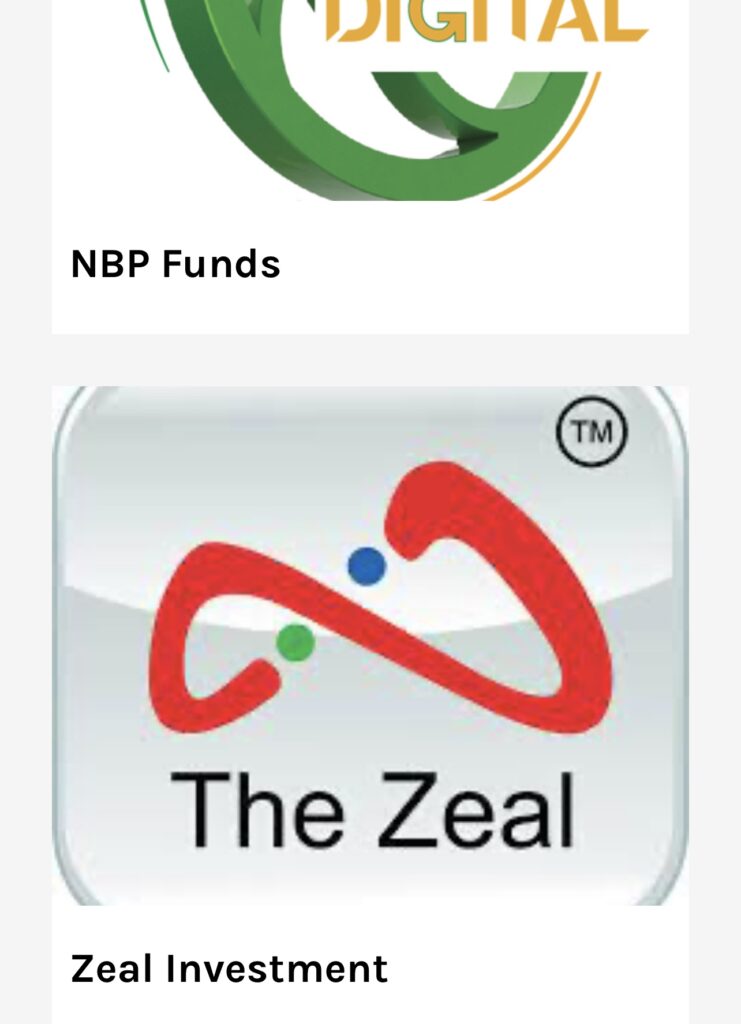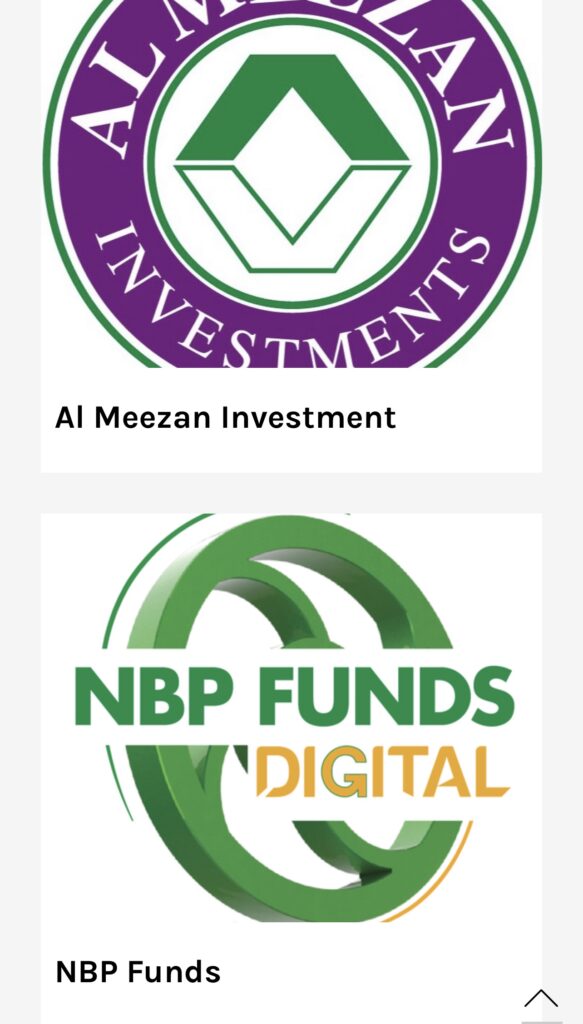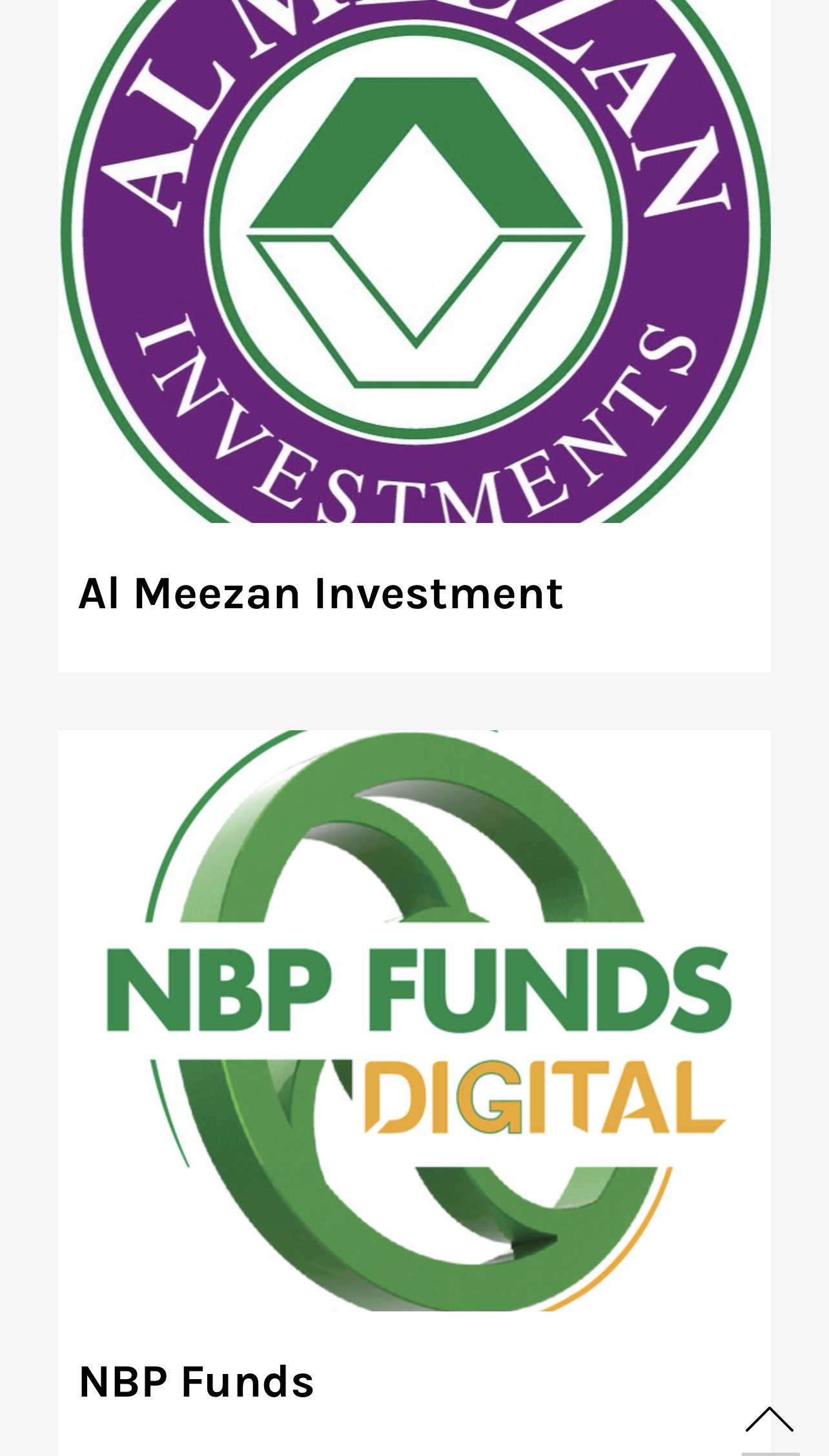Introduction:
Islamic asset management, also known as Shariah-compliant asset management, is a specialized form of investment management that adheres to the principles of Islamic finance. Grounded in Shariah law, Islamic asset management follows ethical guidelines and prohibitions to ensure investments are aligned with Islamic values. In this article, we will explore the principles and practices of Islamic asset management, highlighting its distinctive features and benefits.
Principles of Islamic Asset Management:
1. Prohibition of Riba (Interest):
The foundation of Islamic asset management lies in the prohibition of riba, which refers to the charging or receiving of interest. Islamic finance emphasizes equitable and fair transactions, where interest-based lending and borrowing are considered exploitative. Instead, Islamic asset managers seek investments that generate profits through permissible means, such as profit-sharing and asset-backed financing.
2. Avoidance of Haram (Prohibited) Activities:
Islamic asset management strictly avoids investments in sectors or activities deemed haram (forbidden) according to Shariah law. This includes businesses involved in alcohol, gambling, pork, weapons, and other activities that contradict Islamic principles. The process of due diligence ensures that investments are in compliance with these guidelines, providing investors with an ethical and socially responsible investment approach.
3. Emphasis on Real Assets:
Islamic asset management prioritizes investments in tangible and productive assets. This means investing in sectors such as real estate, infrastructure, commodities, and businesses that deal with physical goods and services. Investments in speculative activities or derivatives are generally avoided as they are considered to lack a tangible underlying asset and involve excessive uncertainty (gharar).
Practices of Islamic Asset Management:
1. Shariah Board Oversight:
Islamic asset management firms typically have a Shariah board composed of Islamic scholars who provide guidance and ensure compliance with Shariah principles. The board approves investment products and screens investments to ensure adherence to ethical guidelines. Their expertise helps investors have confidence in the Shariah compliance of their investments.
2. Screening Process:
Islamic asset managers employ a rigorous screening process to identify Shariah-compliant investments. The screening involves assessing the financial ratios and business activities of companies to exclude those involved in prohibited industries. This process, known as Shariah screening, ensures investments meet the required ethical standards.
3. Investment Products:
Islamic asset management offers a range of investment products tailored to the needs of investors seeking Shariah-compliant options. These include mutual funds, exchange-traded funds (ETFs), private equity funds, and real estate investment trusts (REITs). Each product is structured to adhere to Islamic principles while offering diversification and potential returns for investors.
Benefits of Islamic Asset Management:
1. Ethical and Responsible Investing:
Islamic asset management provides investors with the opportunity to align their investments with their values and ethical beliefs. The avoidance of haram activities and emphasis on socially responsible investments contribute to a more sustainable and responsible investment approach.
2. Risk Sharing and Stability:
Islamic asset management focuses on investments based on profit-sharing and tangible assets, which can enhance stability and reduce speculative risks. The emphasis on real assets helps create a more stable and resilient investment portfolio.
3. Accessible to All Investors:
Islamic asset management is not exclusive to Muslims; it is open to investors of all backgrounds who seek ethical investment options. The principles of fairness, transparency, and risk-sharing can appeal to a wide range of individuals and institutions.
Islamic asset management offers a distinct investment approach that adheres to the principles of Islamic finance. By emphasizing ethical considerations, Shariah compliance, and a focus on real assets, Islamic asset management provides investors with the opportunity to align their investments with their values while seeking potential financial returns. With its emphasis on ethical and responsible investing, Islamic asset management is gaining recognition as a viable and socially conscious investment choice in the global financial landscape.
Exploring the Diversity of Islamic Mutual Funds
Introduction:
Islamic mutual funds have gained significant popularity in recent years, providing investors with the opportunity to participate in the financial markets while adhering to the principles of Islamic finance. These funds offer a range of investment options that comply with Shariah law, allowing individuals to invest in a manner consistent with their values. In this article, we will explore the various types of Islamic mutual funds, each offering distinct features and investment strategies.
1. Equity Funds:
Equity funds are among the most common types of Islamic mutual funds. They invest primarily in shares of Shariah-compliant companies listed on stock exchanges. These funds provide investors with exposure to a diversified portfolio of equity investments, with the aim of capital appreciation over the long term. Equity funds can be further categorized based on geographic regions, market capitalization (large-cap, mid-cap, small-cap), or sectors.
2. Fixed-Income Funds:
Fixed-income funds, also known as Sukuk funds, focus on investing in Shariah-compliant bonds or Sukuk. Sukuk represent ownership in underlying assets, complying with the Islamic principle of asset-backed financing. These funds provide income-oriented investment opportunities, with potential returns generated through rental income or profit-sharing arrangements.
3. Balanced Funds:
Balanced funds, as the name suggests, aim to achieve a balance between equity and fixed-income investments. These funds allocate a portion of the portfolio to equity holdings for potential capital growth, while also investing in Sukuk and other fixed-income instruments for income generation and risk diversification. Balanced funds offer a middle ground for investors seeking a combination of capital appreciation and income stability.
4. Money Market Funds:
Money market funds provide investors with a low-risk investment option, primarily investing in short-term Shariah-compliant instruments such as Sukuk or Islamic bonds or certificates of deposit, and Islamic bank deposits. These funds aim to preserve capital and provide liquidity, making them suitable for conservative investors or those seeking a temporary parking place for their funds.
5. Real Estate Funds:
Real estate funds focus on investing in Shariah-compliant real estate assets, such as residential properties, commercial buildings, and development projects. These funds offer investors exposure to the real estate sector while complying with Islamic finance principles. Returns are generated through rental income and potential capital appreciation of the underlying properties.
6. Sector-Specific Funds:
Sector-specific funds concentrate their investments within a specific industry or sector that complies with Shariah guidelines. For example, there are funds dedicated to Islamic banking, technology, healthcare, or renewable energy sectors. These funds allow investors to focus their investments in areas of their interest while remaining Shariah-compliant.
Conclusion:
Islamic mutual funds provide investors with a diverse range of investment options that adhere to the principles of Islamic finance. Whether investors seek growth, income, or a combination of both, there are Islamic mutual funds tailored to meet their specific investment objectives. From equity funds offering exposure to Shariah-compliant stocks, to fixed-income funds investing in Sukuk, and balanced funds providing a mix of asset classes, Islamic mutual funds enable investors to align their investment portfolios with their values while participating in the financial markets. It is essential for investors to conduct thorough research, consult with financial professionals, and consider their risk tolerance and investment goals before investing in Islamic mutual funds.
For investment into these funds you can visit the following website:
https://imarkplace.com/services/islamic-banking-takaful/investment.html
1. #IslamicAssetManagement
2. #ShariahCompliantInvesting
3. #EthicalInvesting
4. #HalalInvestments
5. #ShariahScreening
6. #RealAssets
7. #SukukFunds
8. #EquityFunds
9. #FixedIncomeFunds
10. #BalancedFunds
Keywords:
1. Islamic asset management
2. Shariah-compliant investing
3. Ethical investing
4. Halal investments
5. Shariah screening
6. Real assets
7. Sukuk funds
8. Equity funds
9. Fixed-income funds
10. Balanced funds
11. Shariah compliance
12. Socially responsible investing
13. Investment principles
14. Asset-backed financing
15. Diversification



